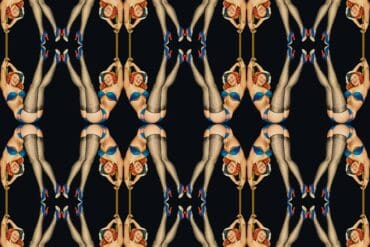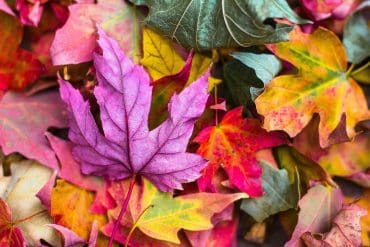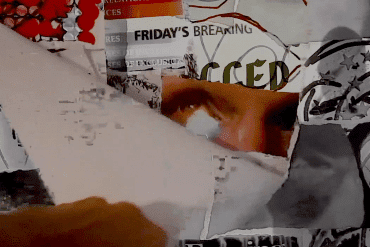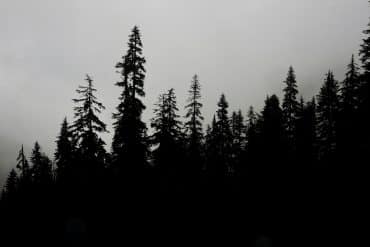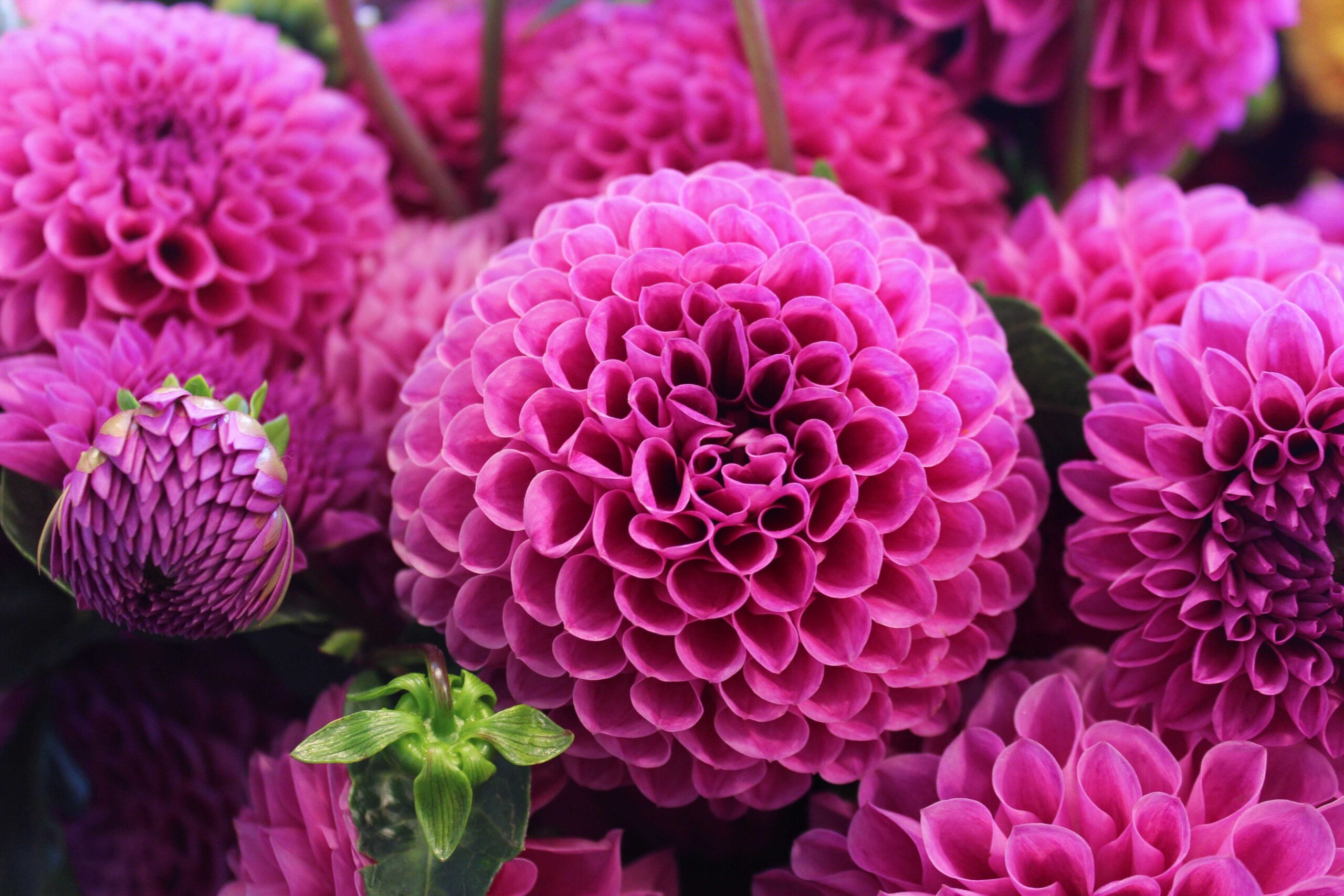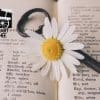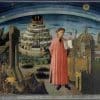The Call of Otherness: Love and Poetry
Our editor Ulla-Maija Matikainen is also a poet and writer. In her first account on her search for the otherness, she described how this search took her to experiencing the fear and awe in front of her own existence. For her, the otherness is not somewhere out there. It’s in her/us. Still, her search did not stop to this discovery. It took her profoundly even further. It took her to love and poetry.
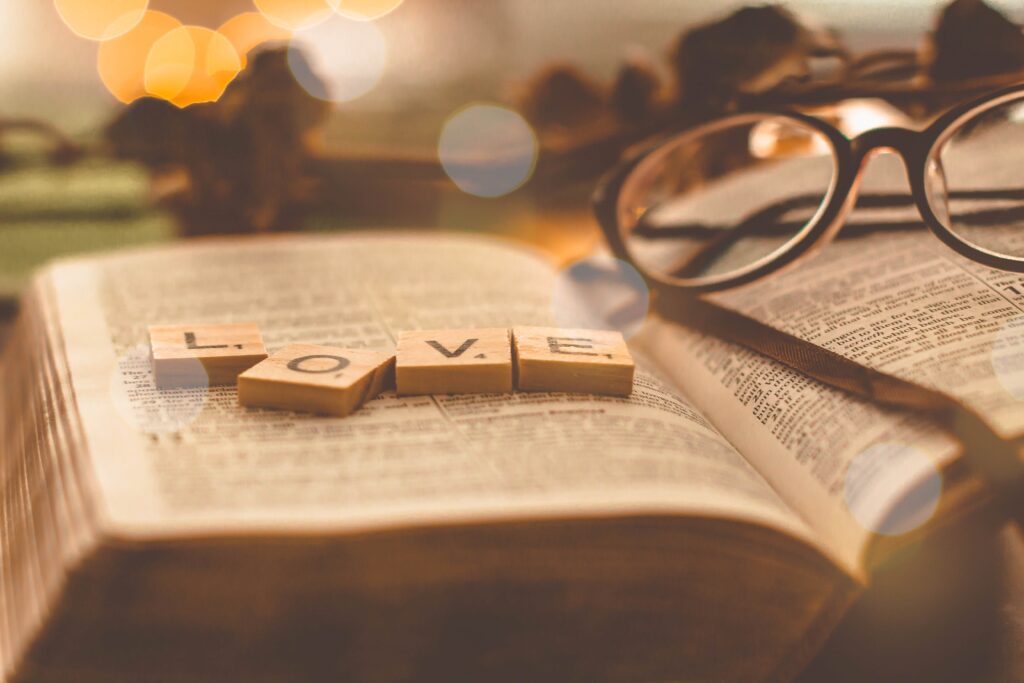
In my first account on my search for the otherness, I described how this search took me to experiencing the fear and awe in front of my own existence. The otherness is not somewhere out there. It’s in me. Still, my search did not stop to this discovery. It took me profoundly even further. It took me to love and poetry.
To this day, I don’t exactly know what love is. Yet, I feel it in the strongest possible and in the most captivating way. To me, love lies in the heart of the otherness or more importantly and illuminatingly, it is the very heart of it. Love is present in one’s life secretly, silently humming hidden in the background. One walks through one’s daily life without noticing anything. Then, all of a sudden, it hits you. As it once hit me in the form of a thunderstorm when I was walking by the lake. The urge to express the love that the nature and the storm brought about in me, rushed through me. I had no other choice but to dance. I became one with the wind and thunder.
In Frédéric Chopin’s Prelude Op. 28, no. 15 “Raindrop” you can hear the modest, almost hidden immanent that suddenly starts to flow in you in its full and changes everything. The simple left-hand tune moves almost imperceptibly behind the right hand’s beautiful light melody and then suddenly, the left-hand tune shifts to the right hand while something extraordinary and moving comes forth. The music is turned over to the immediate presence of the haunting otherness. This experience evokes our emotions and wakens our senses. It carries our ability to love.
This is also the way a poem comes into existence in me and through me. First, the poem or the poetic moves in the hidden. Then it grows stronger and finally bursts into the surface finding its visible commencement. Of course, this is only the beginning of a poem. Here starts the tangible and challenging journey to the poem’s final form. It is a journey to my lover and to the ultimate love.
In Kaija Saariaho’s opera L’amour de loin, Love from Afar, the troubadour Jaufré sets out on a journey on the sea to reach his object of love, Clémence whom he has never met and to whom he has dreamingly written songs. During the voyage the longing, the expectations and the fears create an unbearable and slowly evolving torment in Jaufré. Saariaho expresses this in “Mer indigo” that starts and also, symbolizes the journey on the sea. The presence of the abysmal and compelling unknown is heard in the waves and in the depths of the music.
The power of the sea and the formidableness of the torment make Jaufré fall ill. In the process of poetry, the unknow inside me and the suffering I go through when waiting the poem to make it progress in me, can bring me on the verge of illness but only on the verge. Poetry needs me healthy and strong. It needs me to finish it. Illness is not an option neither is death. In Saariaho’s opera Jaufré dies in the arms of Clémence soon after having finally reached her. When I reach my love that is, when I come to the point of finishing my poem, life not death shows its power.
It is true that something always dies when a poem and especially when a compilation is finished. The feelings of emptiness and departure are inevitable. Nevertheless, this small death in poetry is just a disguise for a new life. Like poetry, love is in constant movement. In Aria by J. S. Bach, BWV 100 no. 4 you can’t only hear this movement but also the joy that sometimes love creates and also with luck, poetry.
Perhaps the perpetual movement of love and poetry is due to the fact that the ultimate love is never reached as isn’t the ultimate poem. Or perhaps it is just in the very nature of love. Love carries in it the possibility of the endlessness and the inevitability of the hardship. Here the otherness comes shining through. In its vastness and alluring movement, in its wonder and shimmer. I’ve slowly become to understand that my quest for the otherness has all along, from the very beginning, been the quest for love. And ending up writing poetry was an intrinsic, almost destined step on this path.
Credits
Photo by Emmanuel Phaeton for Unsplash
Featured image by Melissa Skew for Unsplash
Learn More
New to autoethnography? Visit What Is Autoethnography? How Can I Learn More? to learn about autoethnographic writing and expressive arts. Interested in contributing? Then, view our editorial board’s What Do Editors Look for When Reviewing Evocative Autoethnographic Work?. Accordingly, check out our Submissions page. View Our Team in order to learn about our editorial board. Please see our Work with Us page to learn about volunteering at The AutoEthnographer. Visit Scholarships to learn about our annual student scholarship competition.
Ulla-Maija Matikainen is a Finnish poet and writer who has lived in Europe, Asia, and Africa. After earning an MA in Cultural History and MSc in Political Science, she worked in Finnish embassies and taught/conducted research in Finnish academia. Recently, she has been concentrating on writing poetry. Her philosophical interests are existentialism and phenomenology, particularly Merleau-Ponty, as well as the philosophy of language. Ulla-Maija thinks that artistic expression holds one of the most important positions in the learning process; as a poet, she hopes to convey and share her own search with others through her poetry. Besides poetry, her most beloved way of self-expression has long been dancing but she also enjoys listening to music. Ulla-Maija speaks English and French fluently, dreams in Italian, manages her Swedish and German, and to her own astonishment, hasn’t forgotten everything she has learned of Russian. Ulla-Maija believes that speaking another language and encountering different cultures as well as our own historical background enriches us.


